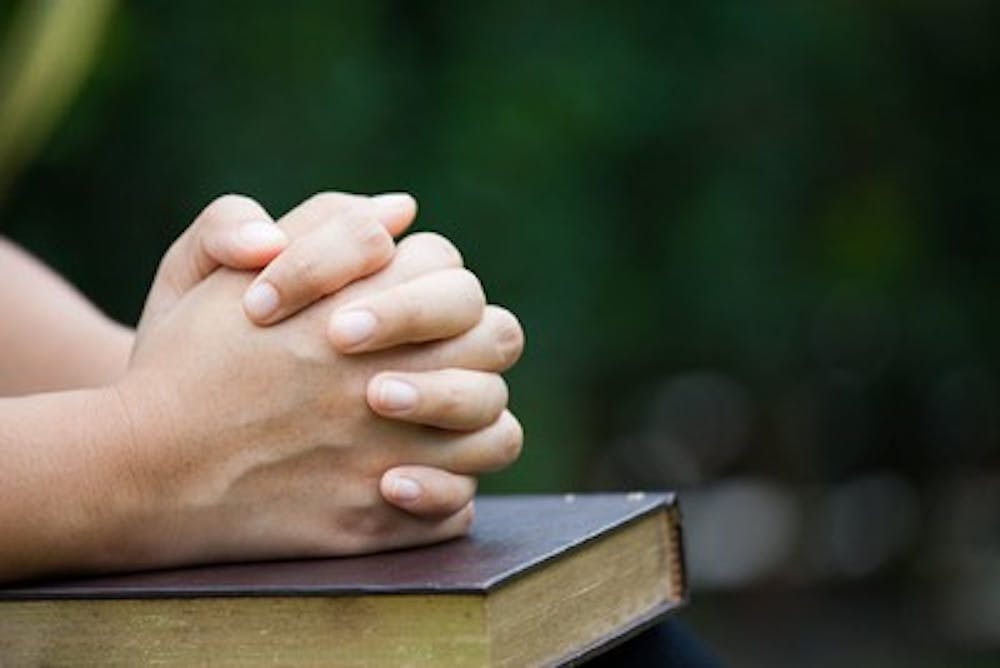Across the country, some legislative bodies at the state and local level choose to begin their sessions with an opening prayer. However, if not done right, this practice could result in legal action, as one Florida board of county commissioners found when the American Civil Liberties Union and citizens of Brevard County in Florida brought a lawsuit against them.
The case went to the U.S. Court of Appeals in 2018 and is still awaiting a decision.
The commissioners started their meetings with a prayer but barred nontheists, atheists and humanists from participating. In the lawsuit, religious activism groups and the ACLU allege that Brevard County’s rejection of anyone who does not profess monotheistic beliefs from delivering an opening prayer violates the Supreme Court precedent from Town of Greece v. Galloway, a similar case from 2014.
Frayda Bluestein, a professor at the UNC School of Government, said the issue is evolving as cases go on across the country.
“It’s not illegal to pray in a particular religious manner by invoking some particular deity, but the Supreme Court case seems to say, as I read it, specifically in the context of a local government situation, that there has to be an opportunity for other religions to be represented,” she said.
Legislatures across the country are more diverse after the 2018 elections, including those in North Carolina. Two Muslims were recently elected to the General Assembly, Sen. Mujtaba Mohammed and Rep. Nasif Majeed.
Verla Insko, Orange County's representative, said lawmakers can volunteer to lead the General Assembly's opening prayer, and there is a list of some people who rotate certain days or who can be called on if no one is available. Insko said she has spoken with Majeed many times, and she hopes he will volunteer to lead the opening prayer in the North Carolina House.
“I don’t have any problem with starting the session with a prayer. I think a reading of some kind would also be OK. I believe in the separation of church and state, and so I prefer that prayers not identify any denomination,” Insko said.
Bluestein said if the prayer at the beginning of the meeting invokes only one kind of religion every time, or if there is no opportunity for representation of other religions, the practice could be illegal because of legal precedent.




